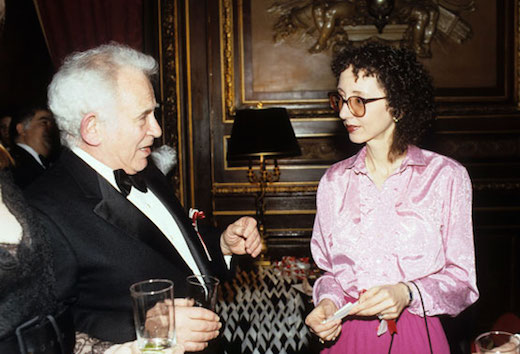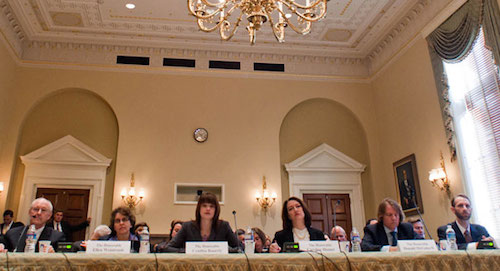
John Fleming (R-LA) called Obamacare “the most dangerous piece of legislation ever passed in Congress.”
Obvi, the most dangerous piece of legislation Congress ever passed was the Fugitive Slave Act of 1850, which encouraged armed posses to cross the Mason-Dixon line and abduct black people. You know who agrees with me? Rep. Bill O’Brien (R-NH)—that’s why he put Obamacare and the Fugitive Slave Act in a tie. He seems to have been wrong, along with a great many pundits, commentators, chimerical celebrity/politician hybrids—you name it. Lots of people were vociferously wrong about Obamacare, as Krug Man points out in the New York Times. Shouldn’t they have to admit their mistakes? Bring them to Krug Man, so they may be cleansed. All hail Krug Man!




